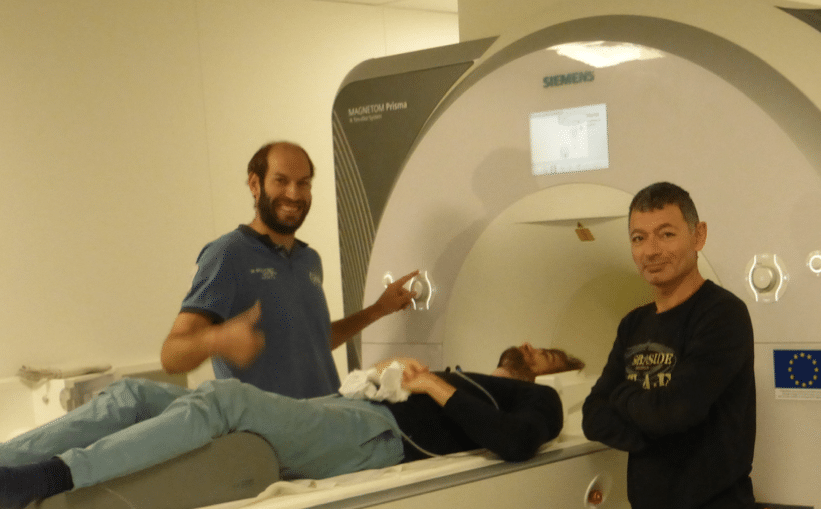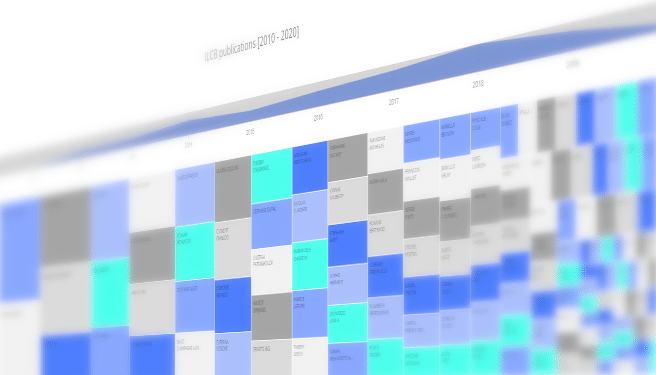
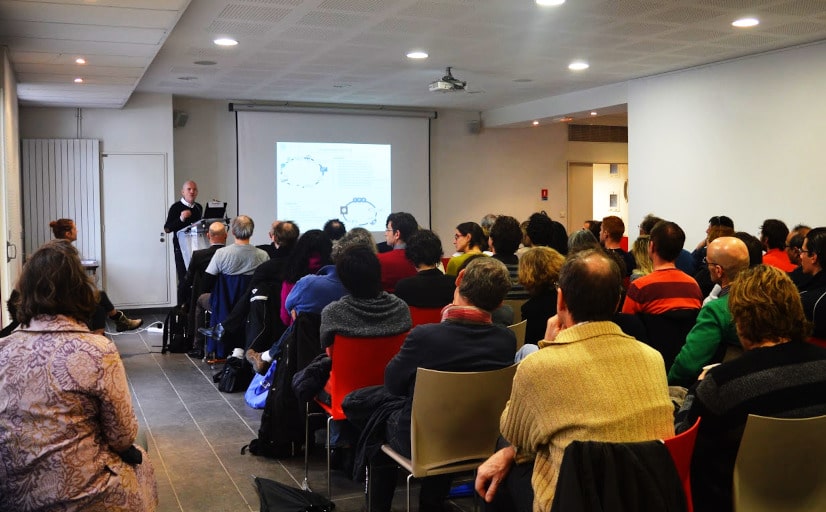
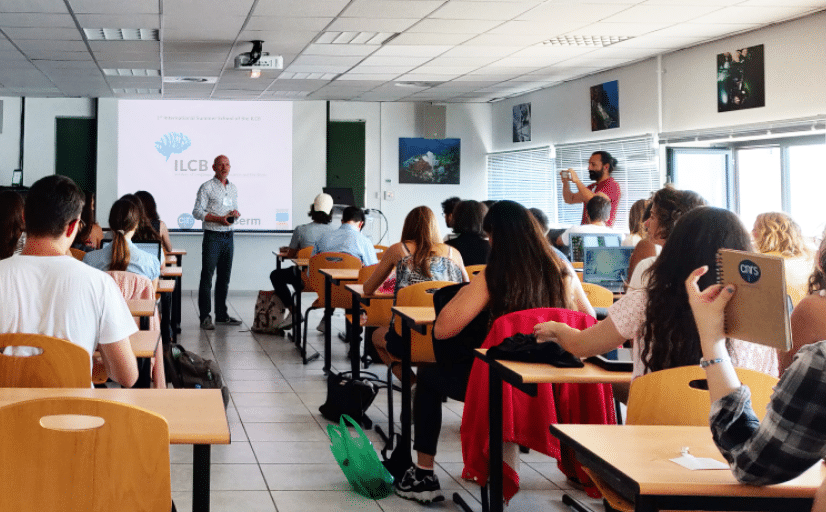
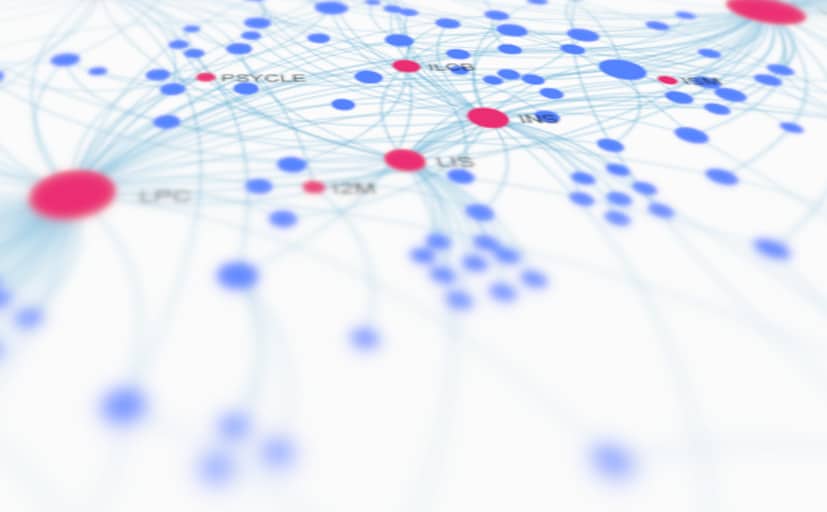
FEATURED PUBLICATIONS
Speaking to a common tune: Betweenspeaker convergence in voice fundamental frequency in a joint speech production task Vincent Aubanel, Noël Nguyen
2020 PLOS/ONE
read more >>
Learning to Read and Dyslexia: From Theory to Intervention Through Personalized Computational Models Johannes C. Ziegler, Conrad Perry, Marco Zorzi
2020 Current Directions in Psychological Science
read more >>
Error-based learning and lexical competition in word production: Evidence from multilingual naming Elin Runnqvist, Kristof Strijkers, Albert Costa
2019 PLOS/ONE
read more >>
Constraints on the lexicons of human languages have cognitive roots present in baboons (Papio papio) Emmanuel Chemla, Isabelle Dautriche, Brian Buccola, and Joël Fagot.
2019 PNAS
read more >>
High-fidelity copying is not necessarily the key to cumulative cultural evolution: a study in monkeys and children Carmen Saldana, Joël Fagot, Simon Kirby, Kenny Smith, Nicolas Claidière
2019 Proceedings of the royal society B
read more >>
Bringing together experts in linguistics, neuroscience, psychology, medicine and computer science to understand and to model the way that language functions.
The objective is to create a generic model of the processing of language and its cerebral bases.
SUMMER SCHOOL
The 3d Edition of the ILCB Summer School offers Introductory, Intermerdiate and Advanced Classes in four core fields of Cognitive Science, reflecting the expertise of the Institute.
read more >>
PhD PROGRAM
An interdisciplinary focus on language research, with interdisciplinary theory and practice trainings at basic and advanced level courses in all relevant disciplines.
read more >>
MASTER
The MaSCo, a new MA in Cognitive Science, provides an advanced scientific curriculum on human cognition, as well as a technological and methodological expertise in evaluation, analysis and modeling of cognitive processes.
read more >>
TRAINING
Advanced trainings are offered to the ILCB members
read more >>
Recent
news and events
Upcoming Events Loop
It seems we can’t find what you’re looking for. Perhaps searching can help.
Post Loop
Predicting Meaning in the Dyad
Emilia Kerr, Benjamin Morillon, and Kristof Strijkers. 2025. Journal of Experimental Psychology: General 154 (12): 3405–16. — @HAL
Voice Identity Invariance by Anterior Temporal Lobe Neurons
Margherita Giamundo, Régis Trapeau, Etienne Thoret, Luc Renaud, Thomas Brochier, and Pascal Belin 2025. Science Advances 11 (35): eadv7033. — @HAL
Print Exposure and Reading Development in the French Educational Context: A Systematic Review
Brice Brossette, Marie Vernet, Chloé Prugnières, Mee-Jin Chalbos, Johannes C. Ziegler, and Stéphanie Ducrot. 2025. International Journal of Educational Research 134 (January): 102838 — @HAL
Editorial: Neural and Behavioral Mechanisms of Social Learning
Laura A. Agee, Marie-H. Monfils, and Abdellah Fourtassi. 2025. Frontiers in Human Neuroscience 19 (February): 1566408. — @HAL
Prédiction et coordination dans le dialogue : étude EEG des demandes de confirmation
Béatrice Priego Valverde (LPL) & Daniele Schön (INS)
Friedemann Pulvermüller
Prof. Friedemann Pulvermüller of the Freie Universität Berlin unexpectedly passed away a few weeks ago. Friedemann was a towering figure in the neurobiology of language and a much respected and appreciated collaborator of our Institute. Friedemann’s research embodied the true spirit of our Institute, by seamlessly merging the fields of linguistics, psychology, and neuroscience to […]
Shared phonological networks in frontal and temporal cortex for language production and comprehension
Neurobiological models of language disagree about the degree of neural overlap between the speaking and understanding. ‘To investigate this open issue, participants (N = 37) were asked to name out-loud object names and passively listen to the same words — minimal pairs only differing in their first phoneme, alveolar as in ‘Talon’ vs. bilabial […]
Modelling a Complex Cognitive System with Limited Data: Optimization and Generalization in a Computational Model of Reading Aloud
Conrad Perry, Marco Zorzi, and Johannes C. Ziegler. 2025. PLOS Complex Systems 2 (11): e0000074. — @HAL
Humour from 12 to 36 Months: Insights into Childrens Socio-Cognitive and Language Development
Chiara Mazzocconi, and Béatrice Priego-Valverde. 2025. Infant Behavior and Development 81 (December): 102129 — @HAL
Pre-Attentive Pitch Processing of Harmonic Complex Sounds at Sensor and Source Levels: Comparing Simultaneously Recorded EEG and MEG Data
Talya C. Inbar, Jean-Michel Badier, Christian Bénar, Khoubeib Kanzari, Mireille Besson, and Valérie Chanoine. 2025. Brain Topography 38 (6): 71 — @HAL

